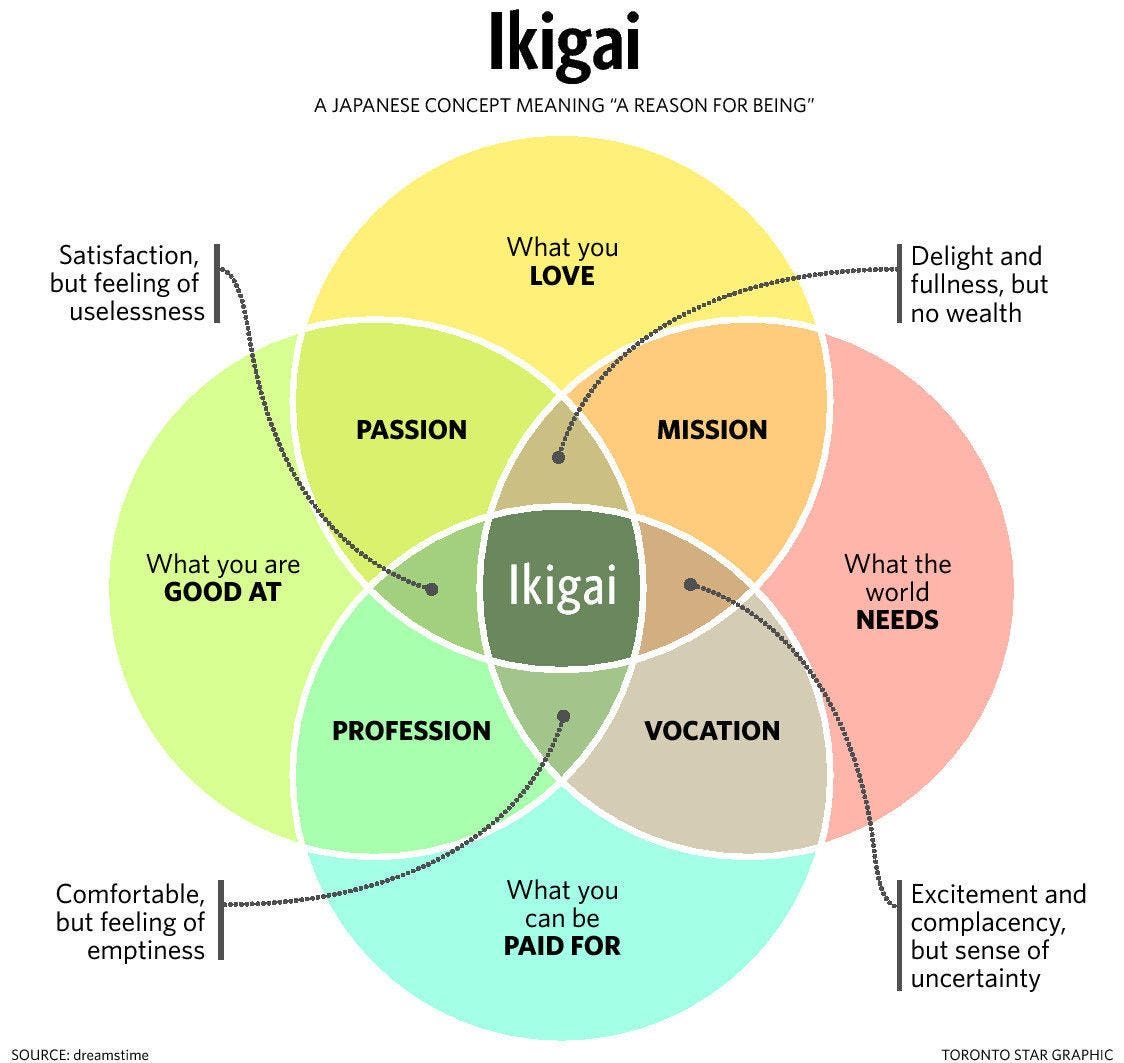Write Your Own Playbook
My favorite career advice

Capital Thinking · Issue #922 · View online
My favorite career advice is to develop a “personal moat.”
A personal moat is a set of unique and accumulating competitive advantages in the context of your career.
Build Personal Moats
Like company moats, your personal moat should be a competitive advantage specific to you that’s not only durable, but compounds over time. This should be something that’s:
-
Hard to learn and hard to do (but perhaps easier for you)
-
Impossible without rare and/or valuable skills
-
Unique to your own talents & interests
-
Legible, in the sense that your expertise should be easy to describe, easy to share, and makes people want to do both for you
Some examples include:
Tyler Cowen: He specialized as a generalist, spending decades writing & reading all day. To recreate his encyclopedic brain would take 1-2 decades of deep work.
Elad Gil: He invested in more than a dozen unicorns and then wrote the “High Growth Handbook” to teach others about scaling startups. To match his track record would take 1-2 decades of hard work plus luck.
Tim Ferris: He has garnered a massive loyal following by posting unique content for years. Building the same following would take hard work plus luck, at a minimum.
There’s no playbook for how you could invest in 10+ unicorns like Elad, build a loyal & captive audience like Tim, or become a walking encyclopedia like Tyler.
All of these take decades. You must find something special—specific to you—that drives increasing, compounding value overtime.
How can you find your personal moat?
Ask others: What’s something that’s easy for me to do but hard for others? What’s something I have that’s very difficult for people to reverse engineer?
Another concept is Ikigai: the intersection of what you love, what you’re good at, and what the world needs.

It’s important to know that moats change over time as conditions change.
Before the arrival of recorded music, what used to be scarce was the actual music itself — required an in-person artist. After recorded music, the music itself became abundant and what became scarce was curation, distribution, and self space.
Similarly, in careers, what used to be (more) scarce were things like ideas, money, and exclusive relationships. In the internet economy, what has become scarce are things like specific knowledge and rare & valuable skills.
Here’s a quick litmus test: If there is a solid Quora post with step by step instructions on how to do something, or if thousands of people have done it, then it’s likely not a durable or a unique personal moat.
If there’s a playbook for it, then how defensible is it?
(Unless you’re the world’s best at it. But if you’re trying to build a moat, don’t enter the rat race unless you’re the fastest rat!)
Ideally you want this personal moat to help you build career capital in your sleep.

*Feature post photo credit: pxfuel.com
